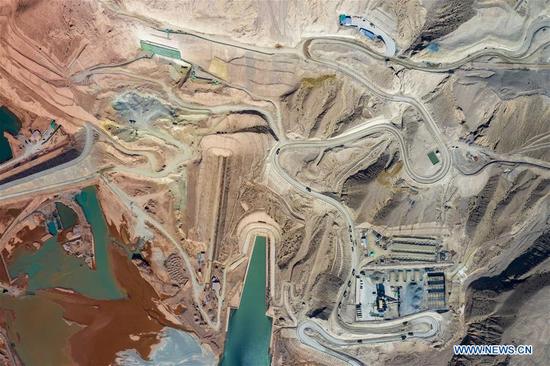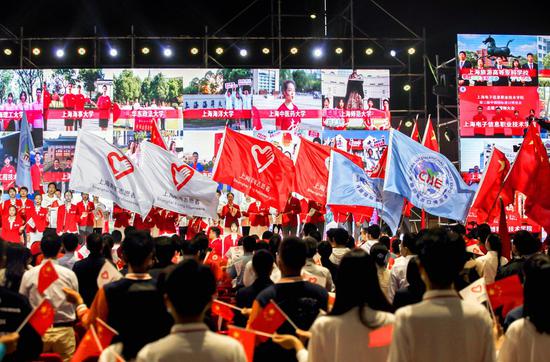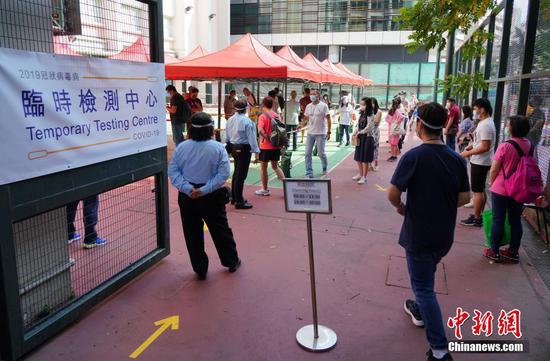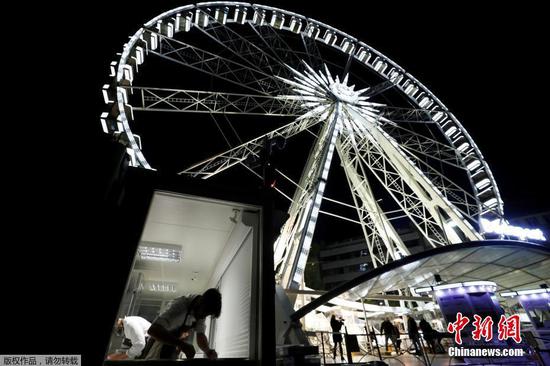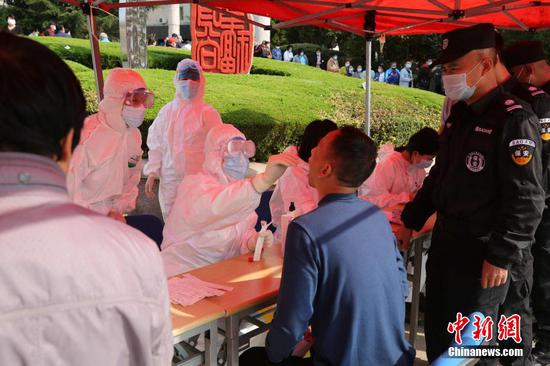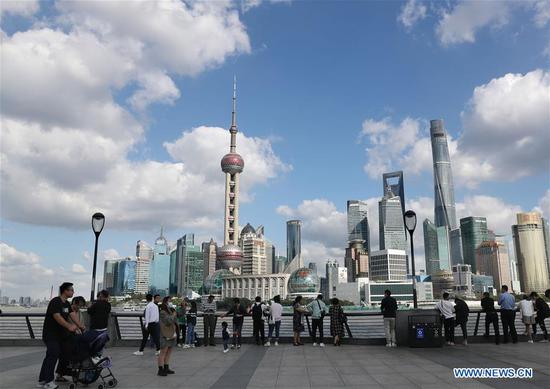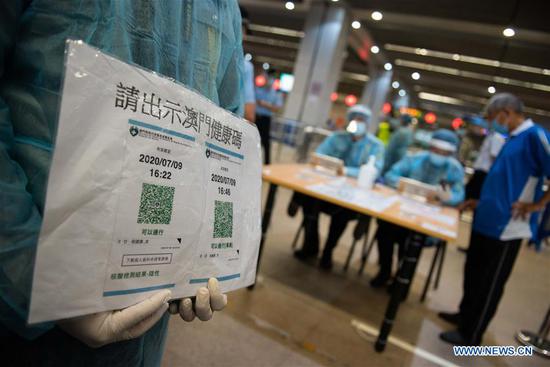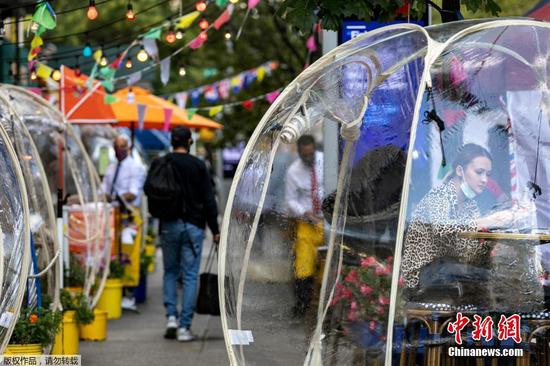The newly established free trade zone in Beijing is expected to revive the gloomy office market in the capital, driven by demand from companies related to technology, finance and medicine, which will see new growth potential, experts said.
Market absorption of office buildings in the city dropped about 47 percent year-on-year to around 92,000 square meters from January to September due to the COVID-19 pandemic, according to a report released by real estate service provider Savills in October. Vacancy rates continued to rise, reaching 15 percent by the end of the third quarter, up 5.9 percentage points on a yearly basis. The average rental for Grade-A office buildings fell to 354.8 yuan per square meter per month, down 3.5 percent year-on-year, it said.
However, the newly launched pilot FTZ in the capital, which brings a series of preferential policies in certain industries and aims to optimize business environment, might invigorate the office market, experts said.
The zone will help the capital construct a technological innovation center with global influence and a pioneer area for opening up the service industry and digital economy, which will promote its economic development, said Anthony McQuade, chairman of Savills North China.
Mi Yang, head of research for North China at real estate consultancy JLL, said establishment of the FTZ will stimulate new rental demands, ease market pressure and add new drive to the office market.
The demands are likely to emerge from the technology, finance and medical sectors, which coincide with development of the FTZ, according to JLL.
Wang Fei, director of strategic consulting department of JLL North China, said the FTZ also stresses optimizing talent services and environment for innovation and foreign capital, which will help attract more international high-end talent.
According to real estate service provider CBRE, the relocation and expansion of TMT (technology, media and telecommunication) companies and financial companies drove rent demand in the third quarter. The total amount of new rent transactions in the city increased 20 percent quarter-on-quarter.
In addition to the active financial and technology industries, consumer goods manufacturing and pharmaceutical sectors also performed well during the period, and demand from foreign companies also warmed up.
"Tenants are stepping up efforts to upgrade the office environment and reduce rental costs through relocation. In the future, as driven by the accelerated economic recovery and encouragement from the Beijing pilot FTZ's policies, the office leasing market will obtain more opportunities," said Zhang Jisu, head of the transaction service, office and tenants department at CBRE North China.









